Simon Marius
Simon Marius was a German astronomer who lived between 1573-1624. He made observations of the heavens using a telescope and published yearly astronomical tables.
Throughout most of his life, Marius was plagued with accusations of plagiarism from other scientists. Although he named the four moons of Jupiter, their discovery is generally credited to Galileo.
Due to his strong religious beliefs and literal interpretation of the Bible, Marius never accepted the Copernican model of the universe.
You might also be interested in:
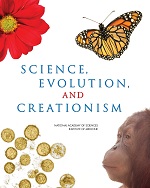
How did life evolve on Earth? The answer to this question can help us understand our past and prepare for our future. Although evolution provides credible and reliable answers, polls show that many people turn away from science, seeking other explanations with which they are more comfortable.
...more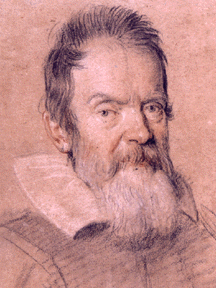
Galileo Galilei was an Italian astronomer and physicist who lived between 1564-1642. He challenged Aristotle's ancient proposition that heavenly bodies were divine and therefore perfect and blemish-free.
...more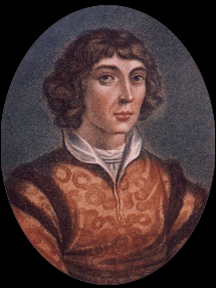
Nicholas Copernicus was a Polish astronomer who lived between 1473-1543. He was born in Torun, Poland to a middle class family. He attended school at Cracow and eventually moved on to Italy where he received
...more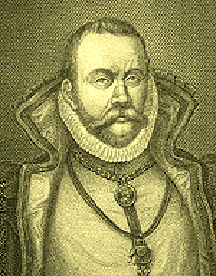
Tycho Brahe was a Danish astronomer who lived between 1546-1601. Although Tycho had his own model of the solar system, which differed from both the heliocentric and geocentric theories, his contributions
...more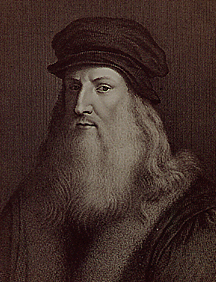
Leonardo da Vinci was an Italian artist and scientist who lived between 1452-1519. Leonardo was the archetypical Renaissance man, whose roles included inventor, engineer, architect, mathematician, geologist,
...more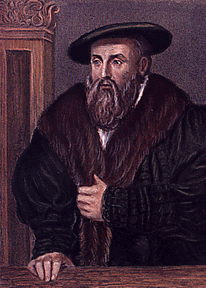
Johan Kepler was a German astronomer who lived between 1571-1630. He introduced three important laws of planetary motion and helped the Copernican model of the solar system gain general acceptance. An
...more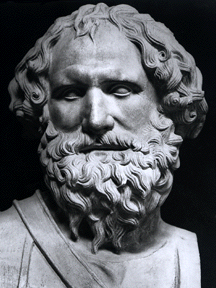
Archimedes was a Greek mathematician and engineer who lived between 287-212 B.C. His greatest contributions are in the field of geometry, where he identified the relationship of a sphere and cylinder's
...more
Aristotle was a Greek philosopher who lived between 384-322 B.C. He was one of the greatest thinkers of the world and his written works encompassed all major areas of thought: logic, science, metaphysics,
...more














